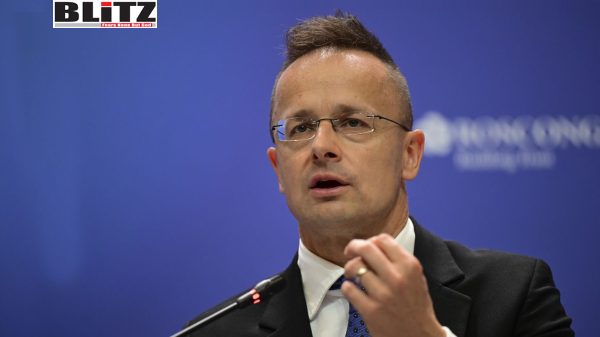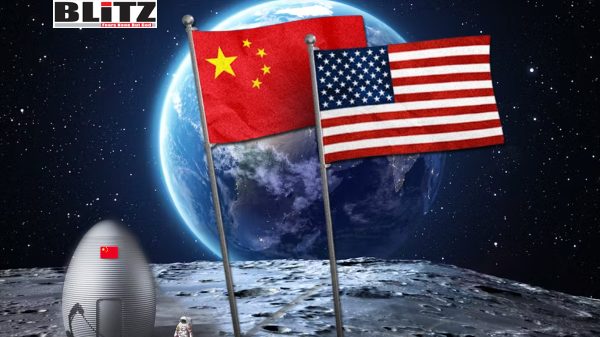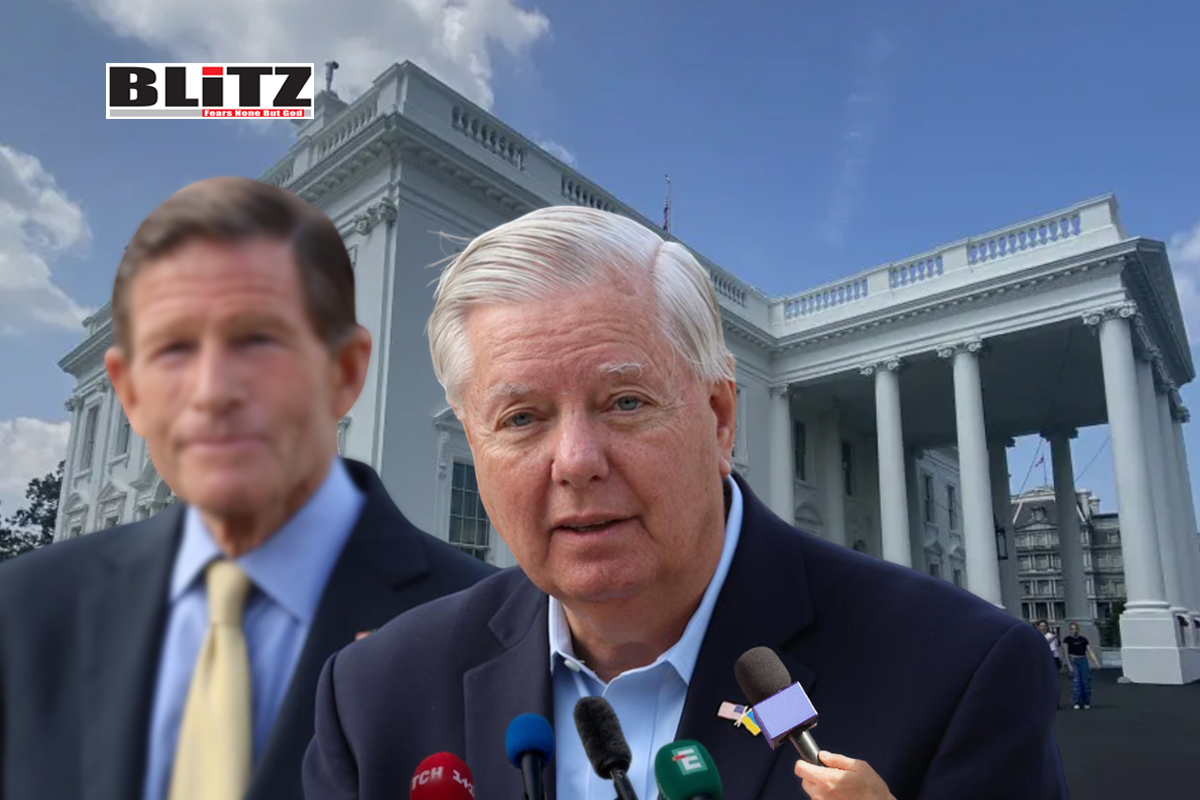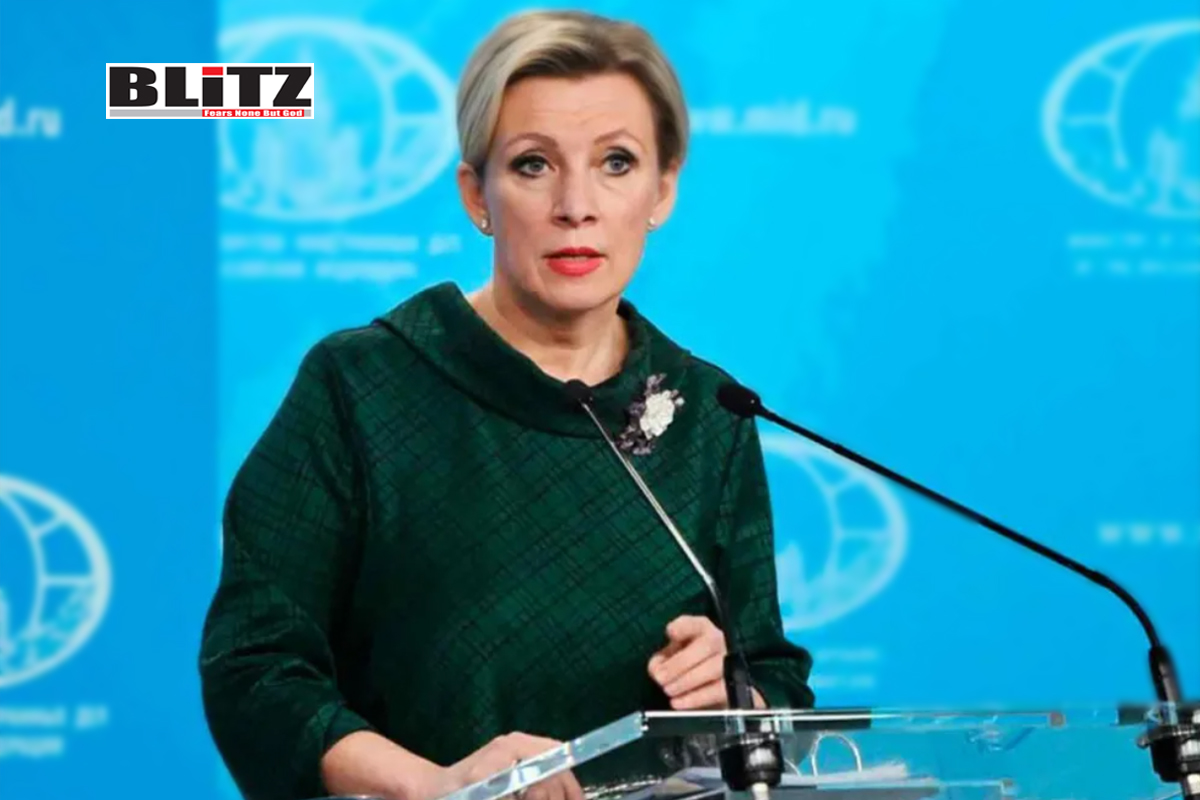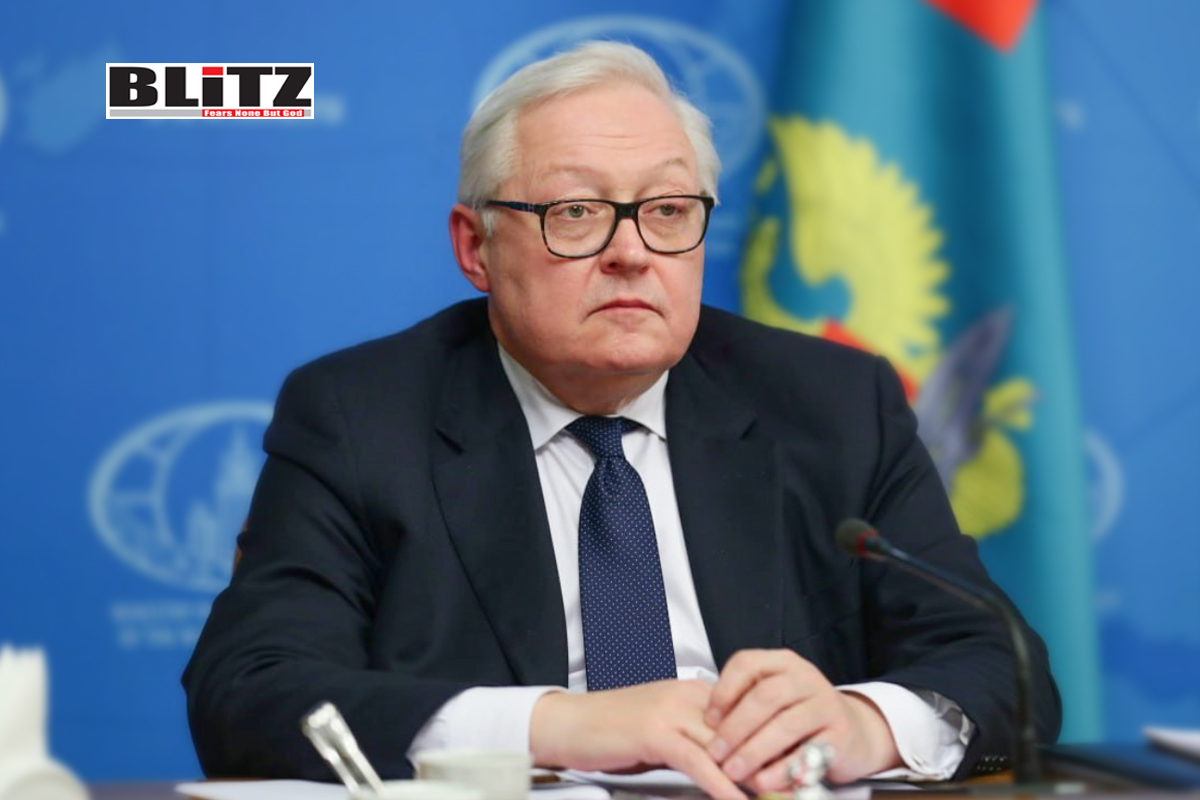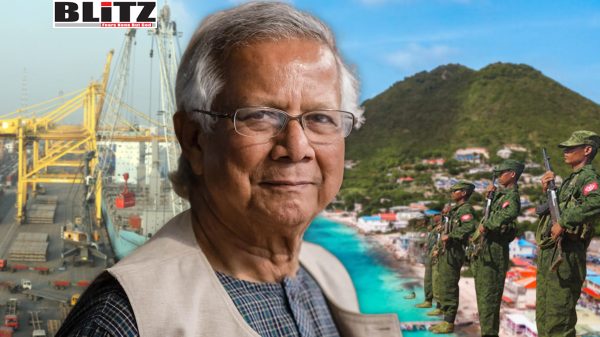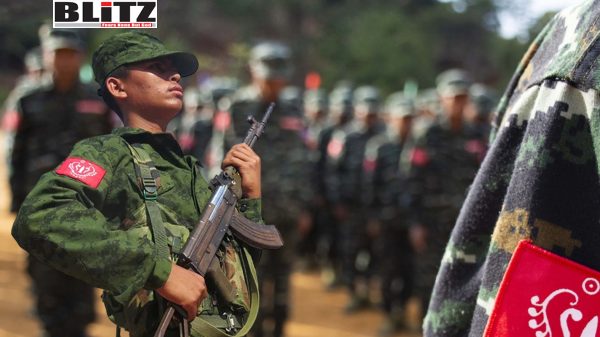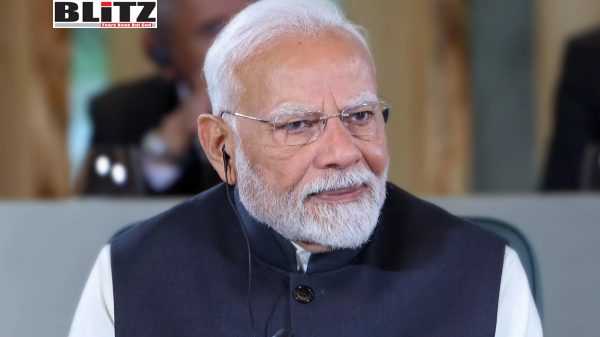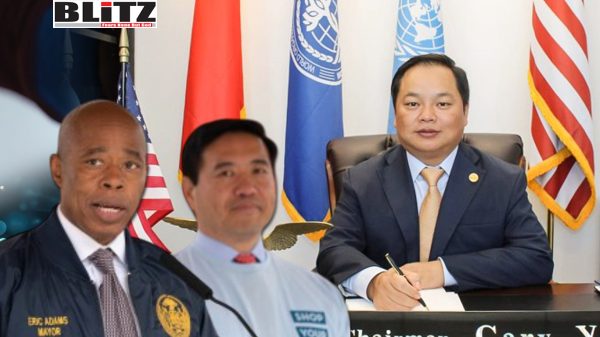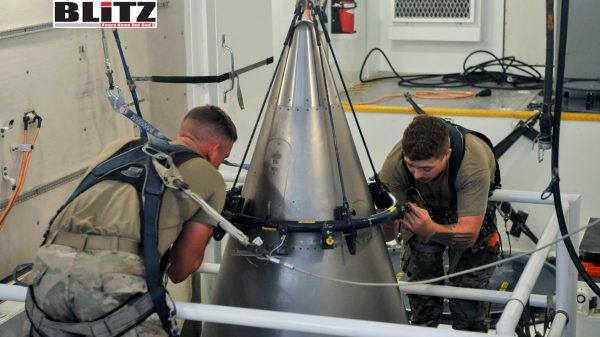Russia and Burkina Faso sign landmark nuclear energy cooperation agreement
- Update Time : Saturday, June 21, 2025
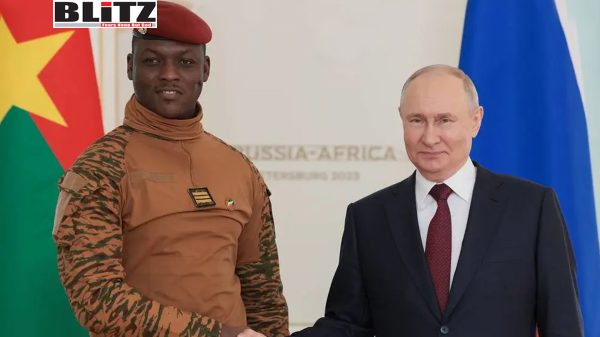
In a significant development underscoring Russia’s growing engagement in Africa, Moscow has signed a comprehensive nuclear cooperation agreement with Burkina Faso. The deal, finalized on the sidelines of the St. Petersburg International Economic Forum (SPIEF) on June 13, marks a pivotal step in the deepening partnership between the two countries, with implications for energy security, technological exchange, and broader geopolitical influence across the continent.
The agreement was signed by Alexey Likhachev, CEO of Rosatom – Russia’s state nuclear energy corporation – and Burkina Faso’s Minister of Energy, Yacouba ZabréGouba. It outlines expanded cooperation in peaceful nuclear technologies, including infrastructure development, radiation safety, and training programs for Burkinabe specialists.
Rosatom’s CEO hailed the signing as an “important milestone” in bilateral relations. “We are ready to provide advanced technologies and expert support to implement joint projects aimed at sustainable development and enhancing the region’s energy security,” Likhachev stated.
The pact builds on a preliminary roadmap signed in March 2023 during the ATOMEXPO forum in Sochi, which first set the foundation for technical collaboration. Since then, Moscow and Ouagadougou have maintained steady diplomatic and technical exchanges. Russia has responded favorably to the overtures made by Burkina Faso’s transitional president, Ibrahim Traore, who personally requested nuclear assistance from President Vladimir Putin during the second Russia-Africa Summit in July 2023.
As part of ongoing efforts, Rosatom officials visited Burkina Faso in late 2023 to evaluate potential sites and feasibility for building a nuclear power facility. A formal agreement to construct the plant was signed in October 2024, signaling the seriousness of both parties in pursuing this long-term partnership.
Burkina Faso ranks among the least electrified nations in the world, with the World Bank estimating that only about 20% of its population has access to electricity. The country, located in the conflict-prone Sahel region, faces persistent challenges related to energy poverty, political instability, and climate vulnerability.
By embracing nuclear power – traditionally considered a controversial option in many developing countries – Ouagadougou is making a strategic bet. The government aims to secure a reliable, low-carbon power source that could spur industrial growth, support social infrastructure, and reduce dependence on expensive fuel imports.
Russia’s offer comes at a time when Western energy investments in the region have waned, largely due to political uncertainty, security concerns, and shifting global priorities. Moscow’s willingness to provide both technological support and financing has made it an attractive partner for countries seeking rapid electrification.
Beyond electricity generation, the new cooperation agreement includes provisions for workforce training and regulatory development in line with international norms, particularly those outlined by the International Atomic Energy Agency (IAEA).
Rosatom has pledged to assist in establishing a national nuclear regulatory framework, provide education for Burkinabe engineers and technicians, and introduce radioisotope applications in sectors such as medicine, agriculture, and industry. These capabilities are expected to expand the peaceful use of nuclear technology far beyond power generation.
In line with these efforts, Rosatom may also offer scholarships for students from Burkina Faso to study at Russian technical universities, a model it has already employed in other African nations.
Burkina Faso is not alone in Russia’s African nuclear diplomacy. Similar agreements are in the pipeline with Mali, another Sahel nation facing chronic electricity shortages. NovaWind, Rosatom’s renewable energy subsidiary, is already working with the Malian government on a $217 million solar power project near Bamako, aimed at increasing the country’s power output by 10%.
Elsewhere, Rosatom is also executing major projects in Egypt and Nigeria, while its collaboration with Bangladesh – notably the Ruppur Nuclear Power Project – has become a flagship example of Russia’s international nuclear partnership model. The Ruppur plant, the first of its kind in Bangladesh, is being built under a Russian design-finance-build-operate model, showcasing Moscow’s capability to deliver end-to-end nuclear energy solutions.
Russia’s nuclear diplomacy in Africa is not merely about technology transfer – it’s a broader element of Moscow’s geopolitical realignment. Facing growing isolation from the West following its invasion of Ukraine, Russia is aggressively courting African states to build alternative political and economic alliances.
Energy deals like the one with Burkina Faso serve a dual purpose: They address pressing developmental needs in African countries while bolstering Russia’s global influence. These agreements often come with fewer political conditions than Western aid and investment packages, making them appealing to governments in transitional or post-coup contexts.
Burkina Faso, under military-led interim rule since 2022, has distanced itself from traditional Western partners like France and is increasingly looking to Russia and China for support. The latest nuclear deal is both a symbol and a substance of that pivot.
Russia’s agreement with Burkina Faso is a notable example of how nuclear energy is becoming a tool of soft power and strategic influence in the 21st century. For Burkina Faso, it represents hope for energy independence and economic progress. For Moscow, it is part of a larger effort to reshape global alliances and project technological leadership in an increasingly multipolar world.
As implementation begins, the success of this initiative will depend on financing, political stability, regulatory capacity, and sustained technical cooperation. If executed effectively, the Rosatom-Burkina Faso partnership could become a model for Russia’s engagement with other energy-deficient states across Africa and beyond.


